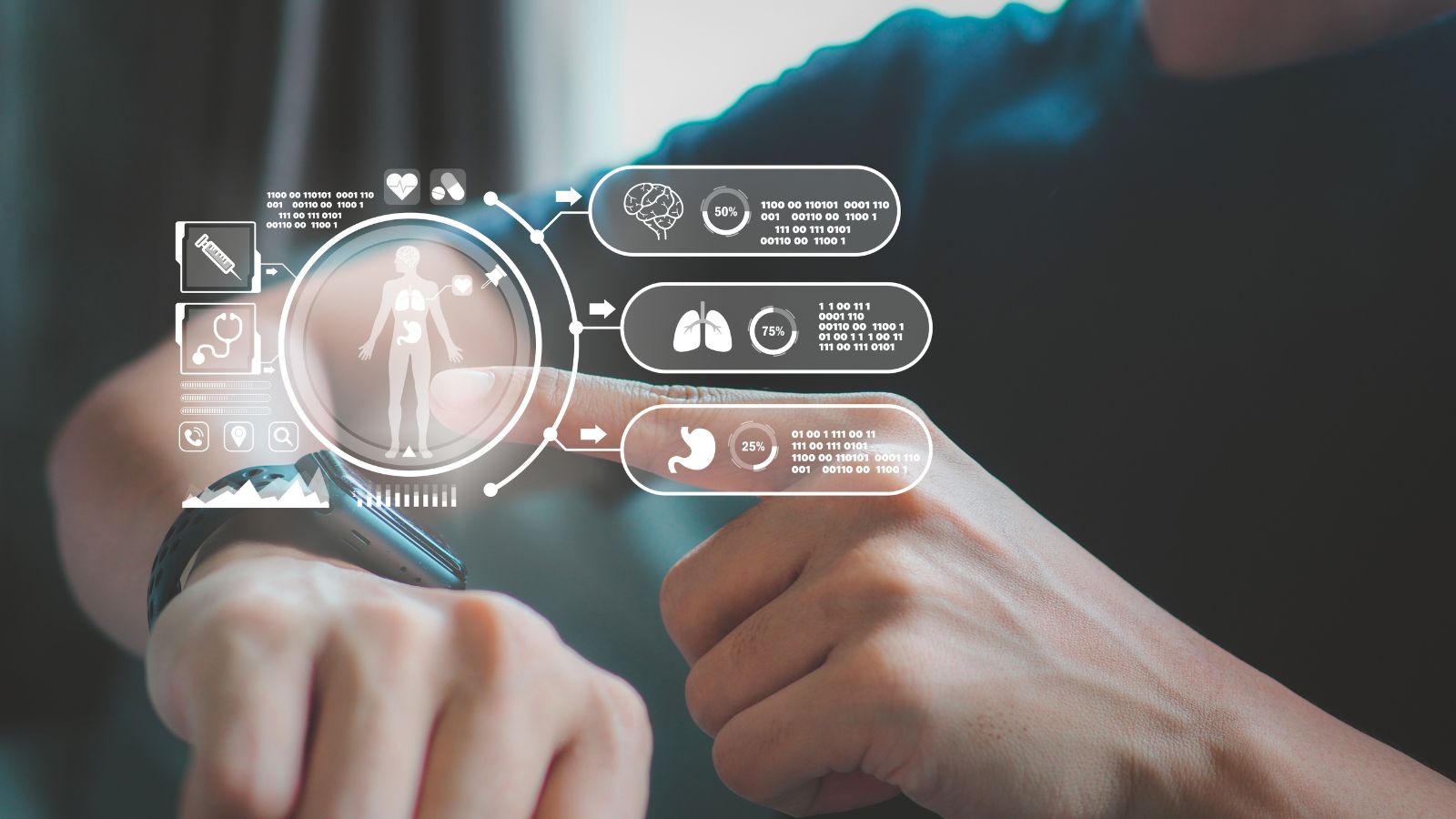In today’s digital age, tech giants have a significant level of control over our personal information and it’s not always clear how much. While many users are vaguely aware of data collection, the full extent of how much of our personal information is gathered and used by major tech companies remains largely under the radar. We look at 20 shocking ways tech giants are quietly controlling your data.
Tracking Every Click and Scroll

Tech giants like Google, Facebook and Amazon track nearly every action you take online. Every click, scroll and keystroke on their platforms is monitored to create a detailed profile of your preferences, behaviors and interests. This data helps them to refine algorithms that predict your future actions and market products more effectively.
Building Behavioral Profiles

Beyond simple demographics, tech companies use your online activity to build intricate behavioral profiles. These profiles include your shopping habits, social interactions, political affiliations and even emotional states, allowing them to tailor advertisements and services specifically to you.
Using Data for Targeted Ads

Most users are familiar with targeted advertising, but few realize how specific these ads can become. Companies use data like browsing history, location, past purchases and even microphone data to serve hyper-targeted ads, ensuring you’re shown content that’s almost irresistibly relevant.
Accessing Your Location Data

Location tracking is constantly occurring through apps, even when not actively in use. Apps like Google Maps or social media platforms can log your location data, which can then be used to determine where you live, work and spend your free time, enabling personalized ads and recommendations.
Voice Assistants Listening in

Devices like Amazon’s Alexa, Google Assistant and Apple’s Siri have microphones that are always on, waiting for their “wake word.” While they’re only supposed to record after activation, there have been reports of accidental recordings and this data is often reviewed by human teams to improve functionality.
Gathering Biometric Data

Biometric information like fingerprints, facial recognition and even your voice can be stored and used by tech companies. Devices such as iPhones and smart home cameras collect these biometric details, which are used to enhance security but can also be repurposed for other less transparent uses.
Leveraging Social Media Data

Every post, like, comment and share on social media platforms provides companies with vast amounts of data about your preferences and opinions. This information isn’t just used for in-app purposes but also sold to advertisers and third-party companies looking to reach specific audiences.
Scanning Your Emails

Services like Gmail scan the content of your emails to detect keywords that can be used for advertising purposes. While these scans are typically done by algorithms, it still raises concerns about privacy when even your personal communications are being scrutinized.
Harvesting Contact Information

Many apps request access to your phone’s contacts. By doing so, they gain access to not only your data but also the personal information of everyone in your contact list, potentially creating complex webs of interconnected user profiles.
Tracking Offline Purchases

Tech giants like Google and Facebook have partnered with third-party companies to track users’ offline purchases. By matching your credit card transactions with your online profiles, they can further refine the accuracy of their targeted advertising.
Collecting App Usage Data

Every app on your phone collects data about how you interact with it, even in the background. This data includes how often you use certain features, what you spend the most time on and what actions you take, which can then be used to optimize app performance or sold to advertisers.
Using Your Face for Ad Targeting

Facial recognition technology is becoming more common, with companies like Facebook and Google using it to identify users in photos and videos. While this can help you tag friends, it also provides these companies with an enormous database of facial data that could be used for targeted advertising or even surveillance.
Tracking Fitness and Health Data

Wearable devices like Fitbits and Apple Watches collect detailed data on your fitness activities, heart rate and even sleep patterns. This health data is invaluable to companies for marketing health-related products and can even be sold to third-party organizations like insurance companies.
Capturing Data Through Free Services

“Free” services, such as Gmail or social media platforms, are rarely free. Instead, you’re paying with your data. These platforms collect massive amounts of personal information in exchange for offering you free access, monetizing your data through advertising and partnerships with third parties.
Storing Data in Cloud Services

Many tech companies offer cloud storage services, like Google Drive, iCloud and Dropbox. While these services are convenient, they also mean that your personal files, documents, and photos are stored on servers owned by tech giants, which could be vulnerable to breaches or accessed by these companies.
Monitoring Smart Home Devices

Smart home devices like thermostats, security cameras and smart speakers are constantly collecting data about your habits at home. These devices track when you turn on lights, set alarms, or adjust your heating, which can be sold to advertisers looking to better understand your daily routines.
Analyzing Search Engine Queries

Every search query you make on platforms like Google or Bing is logged and analyzed. This data can reveal intimate details about your interests, fears, health concerns and much more, all of which is used to personalize your browsing experience and deliver targeted content.
Mining Data from Digital Wallets

With the rise of digital payment systems like Apple Pay, Google Pay and PayPal, tech companies are gaining unprecedented insight into your spending habits. Every transaction you make provides these companies with more information about your financial situation, which can be used for targeted ads or sold to third parties.
Manipulating Algorithms to Shape Your Perception

Tech companies use data to tweak algorithms that control what you see on social media, news feeds and search results. By influencing what content is prioritized, they can shape your perceptions of the world, subtly guiding your opinions and actions.
Mining Data from Wearable Tech

From fitness trackers to smartwatches, wearable tech collects vast amounts of personal data, including location, fitness levels and even emotional states based on biometrics. This data can be used to sell personalized health products or shared with third-party companies for more targeted marketing efforts.
18 Reasons Why People Are Leaving Florida in Masses

Exploring factors that impact the desirability of living in Florida, this list delves into various challenges shaping residents’ experiences. From environmental concerns like rising sea levels to economic factors such as fluctuating job markets, these issues collectively contribute to a nuanced understanding of the state’s appeal.
18 Reasons Why People Are Leaving Florida in Masses
